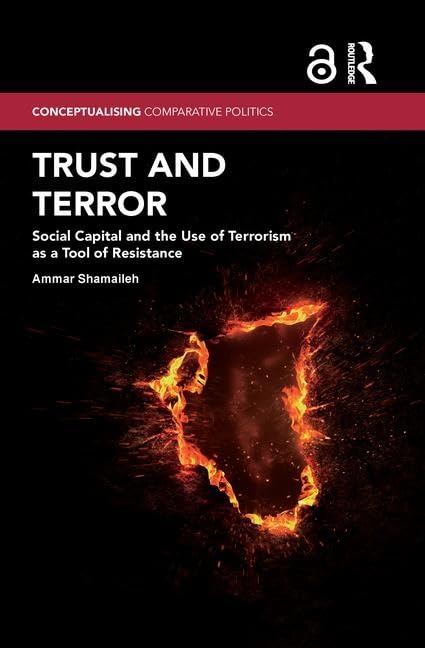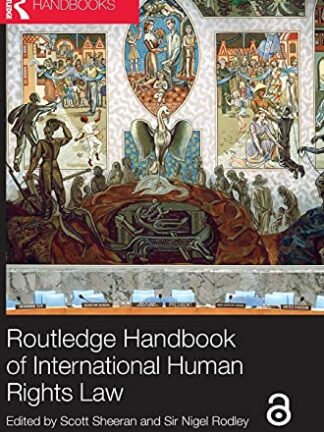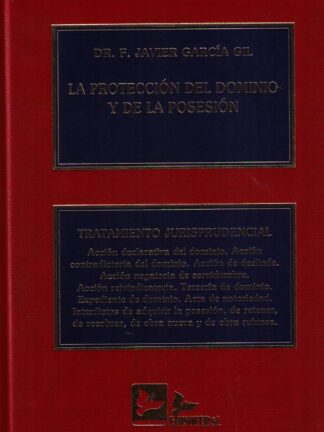Descripción
Trust and Terror. Social Capital and the Use of Terrorism as a Tool of Resistance
Why do some individuals choose to protest political grievances via non-violent means, while others take up arms? What role does whom we trust play in how we collectively act?
This book explores these questions by delving into the relationship between interpersonal trust and the nature of the political movements that individuals choose to join. Utilizing the examples of the Arab Spring uprisings in Egypt, Libya and Syria, a novel theoretical model that links the literature on social capital and interpersonal trust to violent collective action is developed and extended. Beyond simply bringing together two lines of literature, this theoretical model can serve as a prism from which the decision to join terrorist organizations or violent movements may be analyzed. Trust and Terror The implications of the theory are then examined more closely through an in-depth look at the behavior of members of political movements at the outset of the Arab Spring, as well as statistical tests of the relationship between interpersonal trust and terrorism in the Middle East and globally
Contents
List of illustrations
Acknowledgments
Preface
- Introduction 1
- Trust, Terror, and The Arab Spring: Egypt, Libya, and Syria 9
- Theory: The Relationship between Trust and Terror 21
- Islamist Political Mobilization in Egypt, Libya, and Syria 48
- The Syrian Protester’s Dilemma 61
- Generalized and Particularized Trust and Support for
Terrorism: Evidence from Five Arab States
- Generalized Interpersonal Trust and the Prevalence of
Domestic Terrorist Activity: A Cross-Country Study
- Conclusión 114
Appendix A: Ancillary Analyses for Chapter 3
B: Ancillary Analyses for Chapter 6
C: Ancillary Analyses for Chapter 7
References
Index







